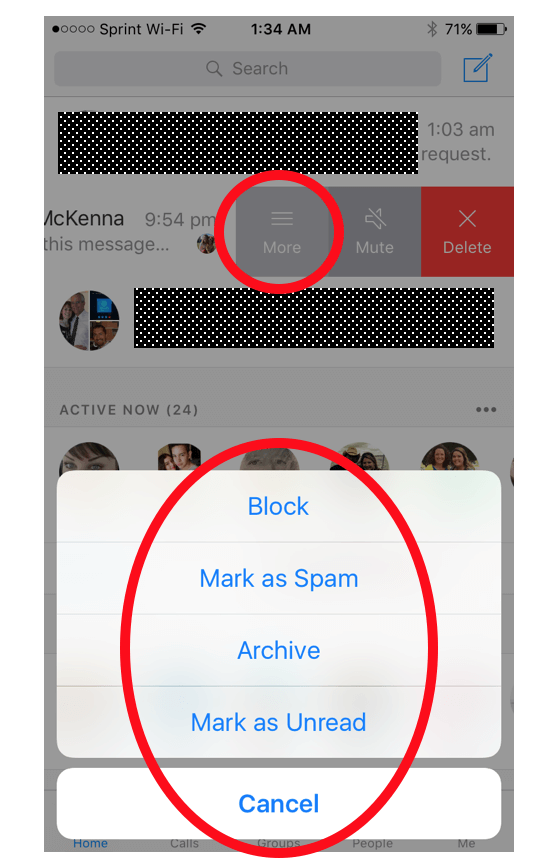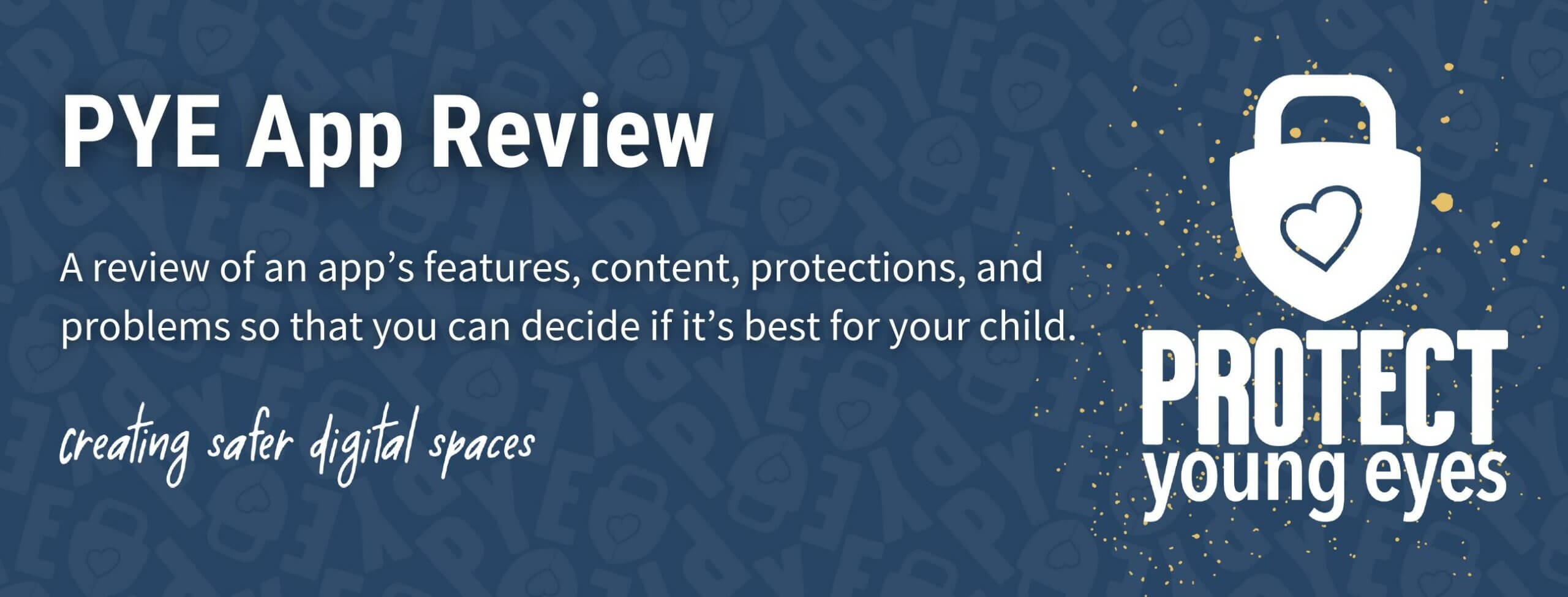Facebook Messenger App Details:
Description: Messenger is quickly becoming a pseudo-social media platform. Some of its features include:
- Group video calls (up to 8 people) and voice calls
- Record and send voice and video messages
- Text messaging, send GIFs, pictures, videos
- (in the USA only) Add a debit or credit card to send money to friends
- *new* watch together feature by creating video chat rooms
- Emojis, chat themes, and colors to personalize your in-app conversations
- Host up to 50 people in a group video chat in a “room”
- Compatible across platforms, like desktop, Portal (Facebook’s Alexa-like device), and smartphone.
- Messenger includes a “secret messages” mode, allowing you to have the conversation disappear and it limits access to just the 2 devices having the conversation. You can’t access it from your desktop. Even Facebook says they can’t access these conversations (which tells you they can access non-secret conversations, but we know this, right?).
Other than lacking a feed of activity with likes and comments, Messenger shares many features with a traditional, Facebook-like social media platform.
Category: Social Networking
APP Store rating: 12+
What parents need to know about Facebook Messenger:
Blocking people you don’t know – if you have Facebook and Instagram, then you can receive DM requests from people you don’t follow in Messenger. This has been a problem for years. In October 2020, Facebook finally fixed this problem by giving users the ability to block DM’s from people they don’t follow on Facebook and Instagram (these instructions are from Instagram, but it’s similar in Messenger: profile picture > Privacy > Message Delivery, then turn off the ability for people who don’t follow you to send you anything).
Location Settings – by default, Facebook Messenger shows a user’s location and informs the person receiving a message where the user was located when they sent their message. Not a great idea for children’s privacy. Good news – parents can turn off location services for this app in the privacy settings of their phone, to protect your child from divulging their location.
Sexting/Photo/Video Sharing – Messenger is no different than other messaging apps that encourage kids to share media (e.g., photos and videos) other than text. Make sure kids understand the immense risk that comes from sharing inappropriate media, which can lead to peer shaming, bullying, and legal issues related to child pornography.
Blocking – Messenger does allow users to block other users who might be a nuisance. You can do this by swiping left on a message and then following the prompts. But we would argue that your Messenger “friends” should only be people who you want to be communicating with anyway, so it’s just a good idea to keep the follower list scrubbed.

Web browsing – When web links are sent via Messenger, the receiver of the message doesn’t need to leave the Messenger app in order to browse the web. Even with Safari blocked on an iPhone, links can be followed. Unfortunately, while in the Messenger app, if using an iPhone, iPad, or iPod Touch, the web browsing performed in Google, Bing, or Yahoo while still in Messenger does not obey any content filtration system in place. However, toggling “Safe website browsing” on will warn the user when potentially unsafe sites may be trying to steal private information.
Messenger Rooms – Up to 50 people can video chat for an unlimited amount of time.
Vanish Mode – Users can enable a vanish mode in which messages, images, etc. will disappear after the recipient sees it and the chat is closed. If this sounds like Snapchat, you’re right because this feature was created to compete with that app. This feature is unfortunately asking for kids (and adults!) to be secretive. It is only available to use with your friends, and the recipient(s) has to agree to also use Vanish Mode. If someone takes a screenshot of the chat, then the sender will be notified.
App Lock – When “App lock” is activated, either Face ID or a passcode is required to open Messenger. You can still reply to messages from notifications and answer calls while Messenger is locked.
End-to-end encrypted chats – In December 2023, Messenger added end-to-end encryption. Users can turn on secure storage to save their chat history. This history can be secured by setting a 6-digit PIN or by storing a key in your Google Drive or iCloud.
Facebook Messenger Bottom Line:
When it comes to messaging apps, there are much safer options, like iMessage on an Apple device, or the basic texting app on an Android device. Messenger should not be used by kids under age 13, in order to be consistent with Facebook’s own rules and due to the browsing risk mentioned above.
Now what? Have you heard of Bark?
Are you interested in having greater insight into the social media platforms that your kids are using? Bark is one of the best platforms we’ve tested. If your kid is using social media, then they need Bark. We trust them and we think you should, too!
What if I have more questions? How can I stay up to date?
Two actions you can take!
- Subscribe to our tech trends newsletter, the PYE Download. About every 3 weeks, we’ll share what’s new, what the PYE team is up to, and a message from Chris.
- Ask your questions in our private parent community called The Table! It’s not another Facebook group. No ads, no algorithms, no asterisks. Just honest, critical conversations and deep learning! For parents who want to “go slow” together. Become a member today!
*There are affiliate links throughout this post because we’ve tested and trust a small list of parental control solutions. Our work saves you time! If you decide that you agree with us, then we may earn a small commission, which does nothing to your price. Enjoy!



